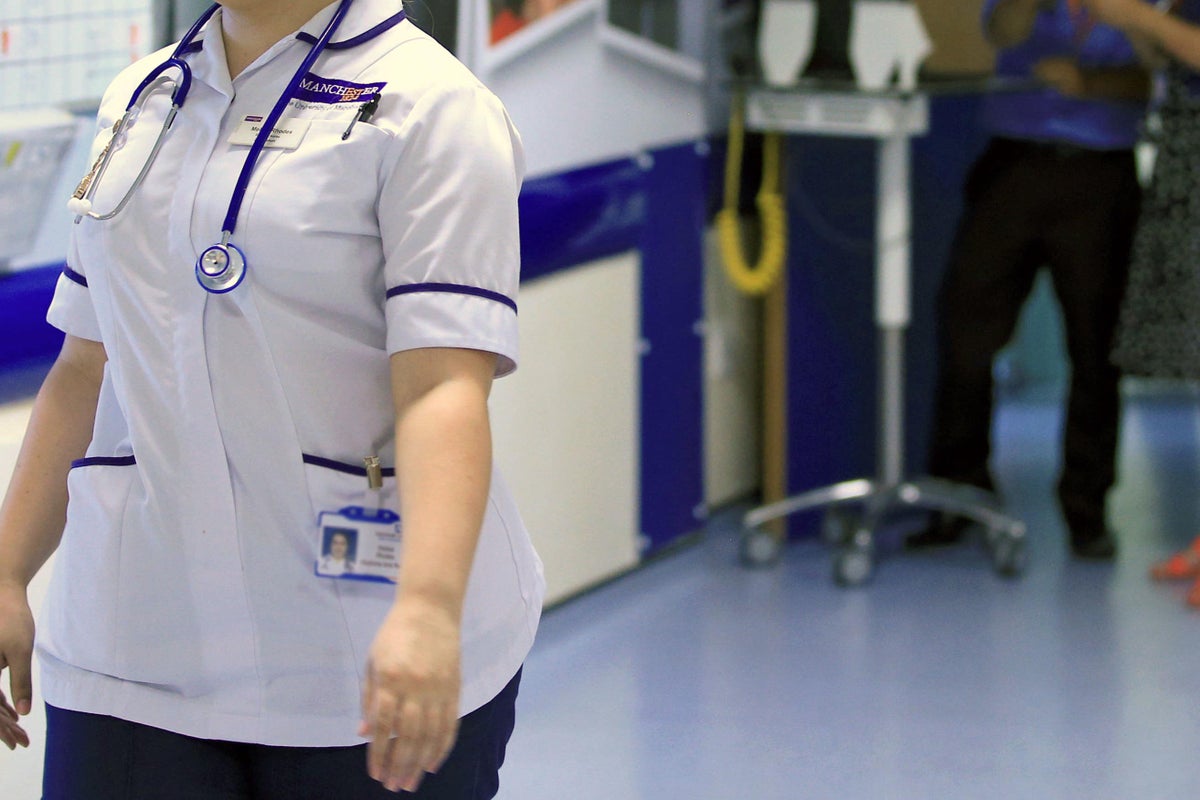
Women suffering from symptoms of menopause who work in the NHS will be able to work from home if they need to under new guidance.
Head of the health service, Amanda Pritchard, has issued national NHS guidance on menopause for the first time and said other employers should follow suit to help menopausal women “thrive” at work.
The new plans will mean women suffering from symptoms could be given lighter duties and have access to “flexible working patterns”.
NHS guidance asks employers to implement “any reasonable adjustments to their working pattern”. This could include flexible breaks, remote working or shorter hours.
It comes as one in 10 job roles in the NHS remain unfilled as hospitals struggle to catch up with appointments and operations following the backlog caused by the pandemic.
But Ms Pritchard says allowing menopausal women the flexibility when they are suffering and really need it will be a boost to the NHS workforce in the long run.
“Menopause is not a health condition, it’s a stage of life, and I want all women facing this transition in the NHS to have access to the right support to stay in and thrive at work,” she told The Telegraph.
Ms Pritchard continued: “Women approaching or going through menopause should not have to put up with feeling uncomfortable at work, or feel any shame in talking about a transition which is simply a part of life.
“Simple steps like flexible working patterns, fans to help make temperatures more comfortable, cooler uniforms, and staff training can make a big difference and I want to see this happening right across the board.”
Symptoms of menopause can include aches and joint pain, anxiety, difficulties sleeping, hot flushes and brain fog, plus a number of other health problems.
Women between the ages of 45 and 54 make up around a fifth of the NHS workforce, and around 260,000 of these experience menopause symptoms at work.
A study from the Fawcett Society has found that around 1 in 10 women end up being forced out of work because of a lack of support from their employer.
Chair of campaign group Menopause Mandate, Mariella Frostrup, told The Telegraph: “Regarding flexible working, should a woman feel that her symptoms are affecting her ability to do her job, then of course employers should support her in the same way they would should she be struggling with pregnancy.”
The NHS guidance is designed so it could be used across any workplace in any industry.







